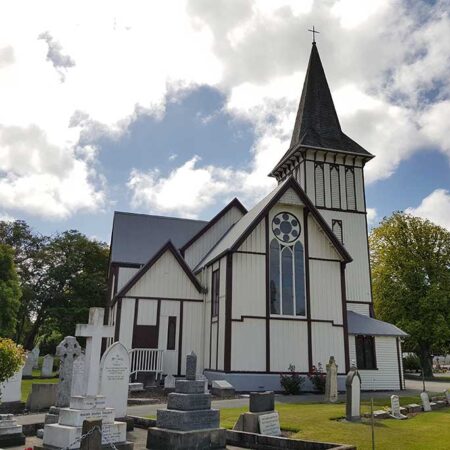I recently watched an interview with the American philosopher Michael Sandel. In that interview he discussed inequality and our definition of success. He argued that in a good society a broad equality of condition is required.
He said that required civil society to be designed in such a way that there are public places and common spaces of shared encounter among people from different walks of life. Democracy requires that people from different social backgrounds—class backgrounds, ethnic backgrounds—encounter one another, bump up against one another in the course of our everyday lives, in everyday spaces and class-mixing institutions that bring us together, often inadvertently.
The interviewer suggested that this sounds very much like churches. Professor Michael Sandel agreed that churches and other congregations could be such institutions, but also mentioned other spaces such as parks or recreational areas.
It is interesting that churches so immediately spring to mind as places where people of different backgrounds mix together. That’s certainly the vision of the New Testament: people from every nation, tribe, people and language coming together in worship of God. In some churches that is lived out. In church we are alongside people that we otherwise would not interact with.
Unfortunately, this is not always the case. Churches can be quite segregated. A church may only be limited to people of one ethnicity, one social class, similar education levels, or one political understanding. As churches we are called to bring in people from different backgrounds. At a human level that can be quite difficult as different expectations and assumptions rub against each other. But this interaction is essential for a good society. Hopefully it allows us to develop some understanding for people from different backgrounds and gives us a degree of humility.
As the interviewer noted, fewer people are now regularly attending church. Michael Sandel saw that as a general trend of less mixing between people from different backgrounds. The pandemic has only increased that separation. Overall, he argues, this has made society more divided.
So are churches necessary for a good society? At least they can be seen as contributing to a better society, if they encourage interaction between people of different backgrounds. Of course, churches are much more than that. They are part God’s kingdom breaking in on earth. Through them the Word of God is proclaimed and people are drawn together in worship of God. But the positive societal impacts are certainly something to be considered, too.
Blessings – Tim

